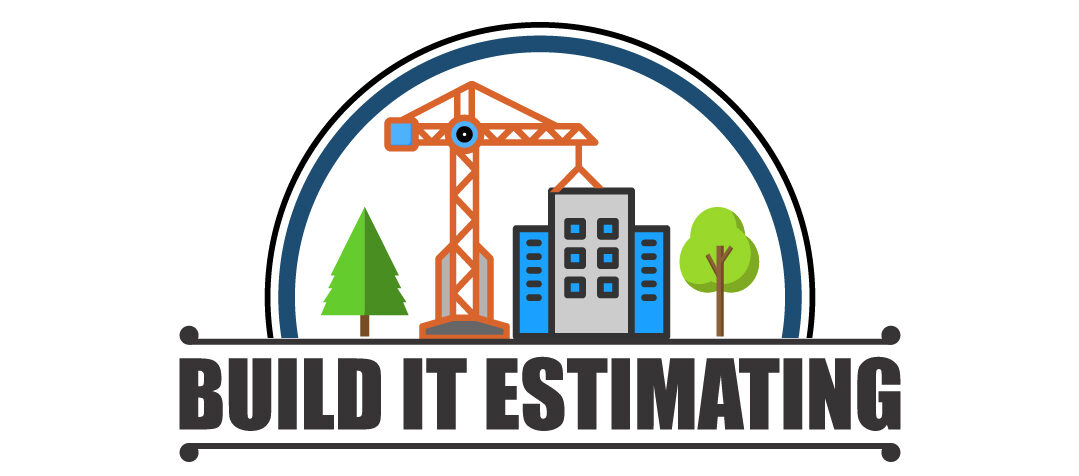Heating, Ventilation, and Air Conditioning (HVAC) systems are integral to maintaining comfort in residential and commercial buildings. However, the efficiency of these systems can significantly impact energy consumption and operational costs. Improve HVAC efficiency is not only beneficial for reducing energy bills but also for enhancing system longevity and environmental sustainability.
Importance of Efficient HVAC Systems
Efficient HVAC systems are crucial for several reasons. They ensure optimal indoor air quality and comfort, reduce energy consumption, and lower operational costs. Additionally, efficient systems are less prone to breakdowns and require fewer repairs, contributing to longer system life and reduced environmental impact through lower carbon emissions.
Common Issues Affecting Efficiency
Several common issues can affect the efficiency of HVAC systems. These include clogged filters, refrigerant leaks, dirty coils, and inadequate insulation. Regularly addressing these issues can prevent efficiency losses and ensure the system operates at its peak performance.
Regular Maintenance and Inspections
Importance of Routine HVAC Maintenance
Routine maintenance is essential for the efficient operation of HVAC systems. Regular inspections and tune-ups can identify and rectify issues before they escalate, ensuring that the system runs smoothly and efficiently. Maintenance tasks such as cleaning or replacing filters, checking refrigerant levels, and inspecting ductwork are crucial for maintaining efficiency.
Components to Inspect Regularly
Key components that require regular inspection include air filters, coils, ductwork, and thermostats. Clean filters and coils ensure proper airflow and heat exchange, while well-maintained ductwork prevents air leaks. Thermostats should be checked for accuracy to ensure the system is running as intended.
Professional vs. DIY Maintenance
While some maintenance tasks can be performed by homeowners, professional inspections are recommended for comprehensive checks. Professionals have the expertise and tools to conduct thorough inspections and identify issues that may not be apparent to untrained eyes. Regular professional maintenance can extend the life of the system and improve efficiency.
Upgrading to Energy-Efficient Systems
Benefits of Energy-Efficient HVAC Systems
Upgrading to energy-efficient HVAC systems offers numerous benefits. These systems use advanced technology to reduce energy consumption, lower operational costs, and minimize environmental impact. They are designed to provide better temperature control, improved air quality, and enhanced comfort.
Key Features to Look For
When selecting an energy-efficient HVAC system, look for features such as high SEER (Seasonal Energy Efficiency Ratio) ratings, variable-speed motors, and smart thermostat compatibility. Systems with ENERGY STAR certification are also recommended as they meet stringent energy efficiency guidelines set by the U.S. Environmental Protection Agency.
Cost vs. Long-Term Savings
While energy-efficient systems may have a higher initial cost, the long-term savings on energy bills and maintenance can outweigh the upfront investment. Additionally, many energy-efficient systems qualify for rebates and incentives, further reducing the overall cost.
Optimizing Thermostat Settings
How Thermostat Settings Impact Efficiency
Thermostat settings play a crucial role in HVAC efficiency. Setting the thermostat to an appropriate temperature can prevent the system from overworking and reduce energy consumption. Lowering the thermostat by a few degrees in winter and raising it in summer can lead to significant energy savings.
Programmable vs. Smart Thermostats
Programmable thermostats allow users to set temperature schedules, ensuring the system operates efficiently when the building is occupied and conserves energy when it is not. Smart thermostats offer additional features such as remote control, learning capabilities, and integration with other smart home devices, providing greater convenience and potential energy savings.
Best Practices for Thermostat Use
To optimize thermostat use, set temperatures based on occupancy and time of day. Avoid drastic temperature changes and utilize programmable or smart thermostats to automate settings. Regularly check and replace thermostat batteries to ensure accurate operation.
Improving Insulation and Sealing
Role of Insulation in HVAC Efficiency
Proper insulation is vital for maintaining HVAC efficiency. Insulation reduces the transfer of heat between the interior and exterior of a building, helping to keep indoor temperatures stable. This reduces the workload on the HVAC system and lowers energy consumption.
Identifying and Sealing Leaks
Air leaks in ductwork, windows, doors, and other areas can significantly reduce HVAC efficiency. Conducting an energy audit can help identify leaks, which can then be sealed using weatherstripping, caulking, or other appropriate materials. Sealing leaks prevents conditioned air from escaping and unconditioned air from entering, improving overall efficiency.
Upgrading Insulation Materials
Upgrading to higher-quality insulation materials can further Improve HVAC efficiency. Materials such as spray foam, rigid foam boards, and reflective insulation offer superior thermal resistance compared to traditional fiberglass insulation. Investing in better insulation materials can result in long-term energy savings and improved comfort.
Utilizing Zone Heating and Cooling
Advantages of Zoning Systems
Zone heating and cooling systems divide a building into separate zones, each with its own thermostat. This allows for precise temperature control in different areas, reducing energy waste and improving comfort. Zoning systems can significantly enhance HVAC efficiency by only heating or cooling occupied areas.
How to Implement Zone Heating and Cooling
Implementing zone heating and cooling involves installing dampers in the ductwork and individual thermostats for each zone. Advanced zoning systems can be integrated with smart home technology for remote control and automation. It is advisable to consult with HVAC professionals to design and install an effective zoning system.
Cost-Benefit Analysis of Zoning Systems
While the initial cost of installing a zoning system can be substantial, the long-term energy savings and improved comfort make it a worthwhile investment. Zoning systems reduce the strain on HVAC units, extending their lifespan and decreasing the need for frequent repairs.
Conclusion
Improve HVAC efficiency is a multifaceted approach that involves regular maintenance, upgrading to energy-efficient systems, optimizing thermostat settings, improving insulation, and utilizing zone heating and cooling. These strategies not only enhance comfort and air quality but also lead to significant energy savings and reduced operational costs. By investing in efficient HVAC practices, homeowners and businesses can enjoy a more sustainable and cost-effective solution for their heating and cooling needs.
